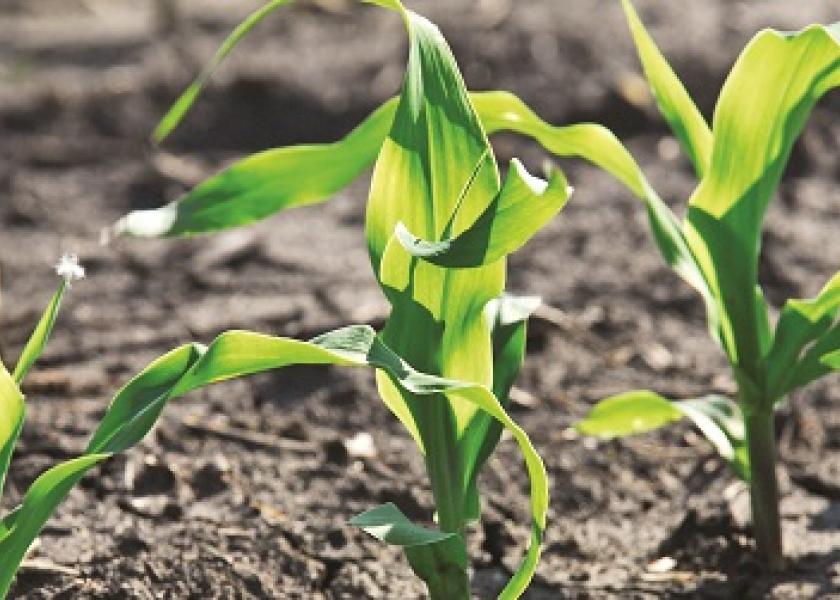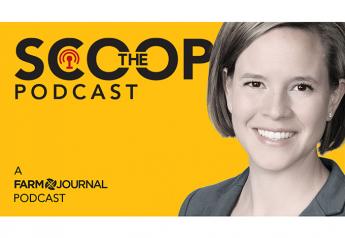Databases Help Ensure Seed Diversity

Mixing genetics across customers' farms is essential for risk management. Ending up with just a single hybrid or variety on all of acres could make it possible for disease or weather to wipe out a crop. So, how do you protect your customers?
Some universities and companies are creating variety databases. Depending on the state, some will provide agronomic guidance while others will enable farmers to link varieties with specific brands to determine any overlap, as well as measure proven performance in the field.
“We have yield and agronomic information for the current year and past two years,” says Angela McClure, University of Tennessee corn and soybean specialist.
It’s just the beginning, she says. The group plans to make a searchable database where farmers can find yield and disease information.
Arkansas and Wisconsin have each begun compiling and publicizing seed variety data. In Wisconsin, a database under development will identify seeds with identical genetics by variety ID, regardless of company or brand name.
“This tool benefits all farmers and should reduce confusion among seed companies and brand names,” according to the University of Wisconsin.
If you’re not from these states you might still have varietal data available—ask your Extension agent. In addition, Farmer’s Business Network (FBN) members can access a nationwide seed variety database. FBN asks its farmer-members to send their seed tags to the pool of data, which is aggregated for comparison purposes. Membership costs $600 a year.
It’s common for seed brands to share products with the same variety number. Thousands of new genetic lines are created each year and many are licensed to smaller seed sellers. This enables smaller seed companies to access the latest genetics without the cost of a full-scale breeding program. However, without an exclusive contract, genetic lines can be sold to multiple companies, showing up in multiple brands.
Try to get your seeds’ variety numbers before buying. Compare to ensure they’re different. If not, choose the company with the price or service you prefer. If your seed dealer can’t provide numbers before purchase, look for tools such as Wisconsin’s, Arkansas’ or FBN’s to compare.







